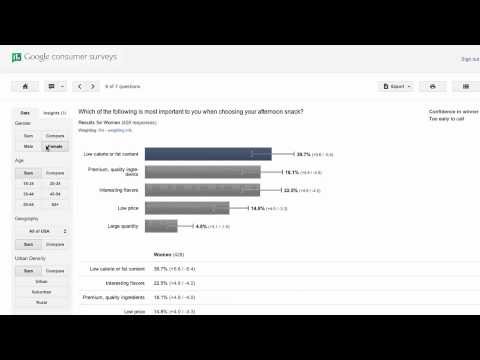Salary & Compensation Information The Riley Guide
Post on: 3 Май, 2015 No Comment

Although many career coaches advise against being the first to name a specific salary figure in a job interview, you’ll still want to come prepared with a salary range that’s acceptable and reasonable for you. So if you’re aiming to find out what kind of a salary offer you should expect for a given job, use these resources to find out how your current compensation rate compares with others in your area. However, be careful not to take this information as fact — or to assume that it’s universally applicable. Many factors — including local cost of living, competition from other companies and competition for the position in question — combine to make up the actual pay rate offered by an employer. But if you’re looking for tips on where to track down this information, read on.
Job Listings
General Salary Surveys and Collections
Several sites have been established with the purpose of providing broad-based libraries of salary information for a wide variety of professions and levels. Some gather this information from reports by current and former company employees, while others collect statistics from publicly available or proprietary sources. Many of these sites also include tools to help you compare and calculate projected salaries for multiple positions, and even estimate some of the perks you may be able to garner along with a salary at a given level.
Jobstar.org, for example, provides a very large library of Salary Surveys — one of the largest anywhere on the web, in fact. Salary.com, meanwhile, focuses not just on salaries but on overall compensation packages. Beyond the site’s Salary Wizard, you’ll find articles and exercises to help you figure out things like benefits, stock options, bonuses (and how to get them) and even negotiations. Salary.com also offers you the opportunity to purchase a Personal Salary Report. This is a customized report targeted to your local market, your current level of experience, and the industry in which you work.
CareerBliss.com offers reviews of employers by employees, salary information for those same employers by those same employees, and the BlissFinder, their survey of your work situation designed to help you find what makes you happy (or unhappy) about your current job. And JobSearchIntelligence.com provides free statistical salary data, along with some information on employment trends in your region, saturation for your profession, and some other data as well. They pull their information from various government surveys and package it with different info than you can commonly find on most salary sites.
Government Wage Surveys
When it comes to formal surveys of wages in the U.S. it’s hard to get more official than the federal government. Many government sites with wage statistics contain enormous libraries of data, which can make them a little intimidating to wade through — but the good news is that most of them also include user-friendly search engines to help you get to the exact information you’re searching for. Though these sites tend to focus on general statistics rather than on individuals’ salary reports, their detailed breakdowns can still gave you a clear idea of what to expect salary-wise for a given profession in a given region of the country. While you’re at it, you may also want to have a look at The Riley Guide’s list of links to Labor Market Information State by State .
Government databases tend to focus on general statistics rather than on individuals’ salary reports.
The website of the U.S. Bureau of Labor Statistics — BLS.gov — is a great place to start. The site provides a searchable database of salary statistics broken down by profession, by year and by region — along with tables, analyses, articles, and other expert interpretations of that data. The site provides occupational employment projections for many professions from the present year through at least 2018, as well as the ability to review current and projected earnings for the same period. And the BLS’s Occupational Outlook Handbook includes basic information on how various occupations are expected to grow or decline in the next five to ten years.

CareerOneStop.org presents data from the BLS in a format that some find more user-friendly. Try the For Occupations search to quickly find national-level wage data for hundreds of occupations — which can then be focused on a specific state or metropolitan region. You can also opt to search for this same data in a specific location by selecting By Location or Compare Metro Wages. Other sections of the site include discussions on relocation, unemployment insurance, pay for education and training, and benefits.
Other Ideas and Resources
If you’re still not finding the breakdown or report you need, here are some tips for diving deeper into data on a specific career. For one thing, check out The Riley Guide’s extensive library of in-depth Career and Occupational Guides. which include either salary data or at least a general discussion of each profession’s salary range.
Here are tips for diving deeper into data on a specific career.
You may also want to check our list of Professional and Trade Associations and Labor Unions. which frequently survey their members to collect salary and wage information. Many trade associations and unions also maintain standard pay rates for their locals. If you have trouble finding information on an association’s website, just look for contact info the office or local chapter nearest you, and give them a call.
And finally, Search US.Jobs (formerly JobCentral), CareerBuilder.com, and other major recruiting websites for jobs that match your geographical location and area of interest, and see what the typical pay offers are. Although many jobs listed on these sites may have no salaries posted — or the salaries posted may be incorrect based on the regional and industry talent market — they’re still a place to start. Also, specific industry or occupational sites may be even more informative than these general databases.














